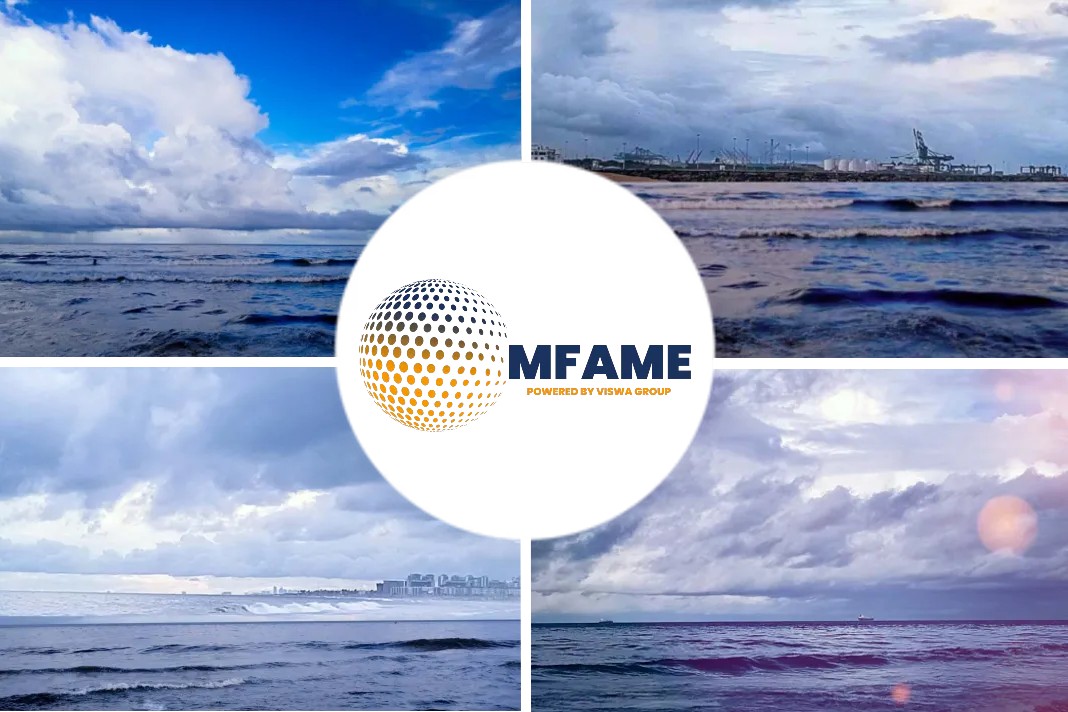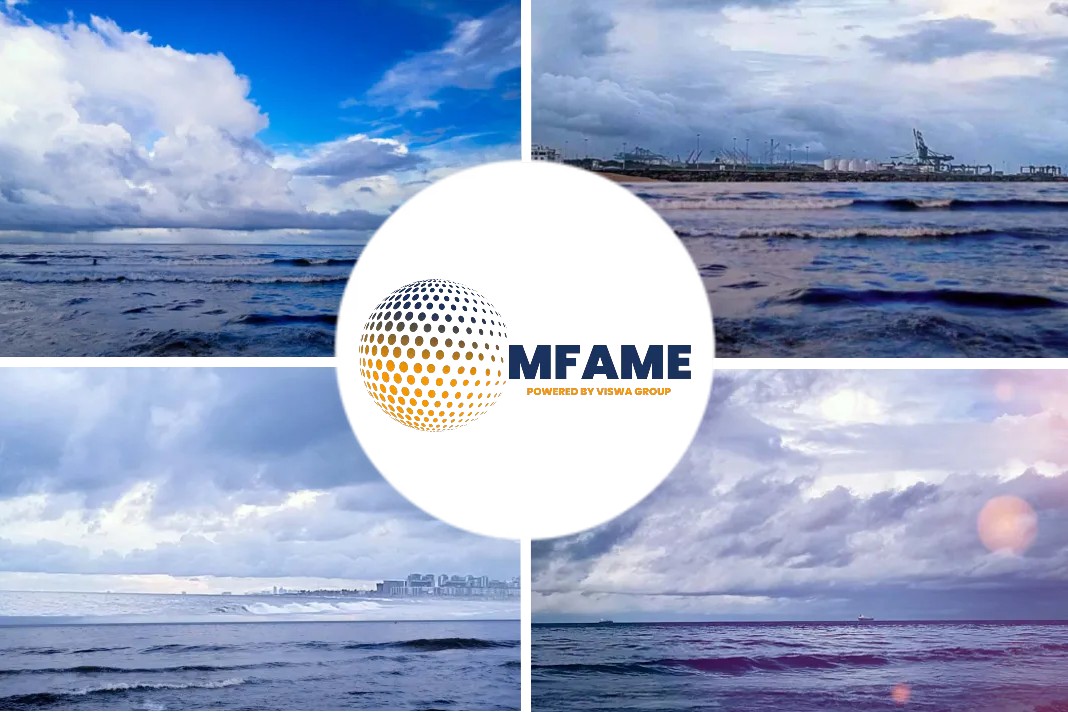- The Bureau of International Recycling has alerted its members.
- It announced that the UAE will suspend exports of ferrous scrap and recovered paper.
- The operations remain suspended from the beginning of May 15 for four months.
- It is designed to strengthen the UAE domestic supply in the face of economic uncertainty.
According to an article published in Recycling Today, the Bureau of International Recycling (BIR), based in Brussels, has alerted its members that the United Arab Emirates (UAE) will suspend exports of ferrous scrap and recovered paper.
Recycling operations banned
The operations remain suspended from the beginning of May 15 for four months. The association cites recent press reports as the source of the information.
This measure is designed to strengthen the UAE domestic supply in the face of economic uncertainty created by the COVID-19 outbreak.
The ferrous grades in question appear to be all the major scrap grades, with the HS codes 720410, 720421, 720429, 720430, 720441, 720449, and 720450, the BIR reports. As for paper, the grades in question are 470710, 470720, 470730, and 470790.
Scrap shortage in UAE
According to U.K.-headquartered Kallanish Commodities, a business media organization that produces news, training, and market intelligence for professionals who work in commodities, it has heard that the move is in response to a scrap shortage in UAE arising from the pandemic’s reduction on collection rates.
“The three crude steelmakers in UAE are Emirates Steel and Arabian Gulf Industries, both located in Abu Dhabi, and Sharjah-based Shattaf Steel. Mills were reported to have reduced output in April as UAE economic activity slowed due to the COVID-19 lockdown,” the Kallanish article states.
Kallanish reports that the UAE exports around 1 million metric tons of ferrous scrap annually, with the majority going to India and Pakistan. Fifty-one percent of the UAE’s recovered fiber exports in 2018 were shipped to India.
Did you subscribe to our daily newsletter?
It’s Free! Click here to Subscribe!
Source: RecyclingToday















![[Watch] Ro-ro Contacted Pier After Engine Failure](https://mfame.guru/wp-content/uploads/2021/06/Ro-roCargo-ship-80x60.jpg)